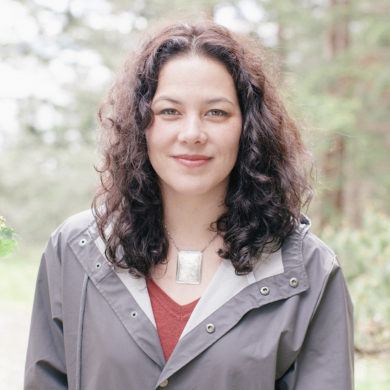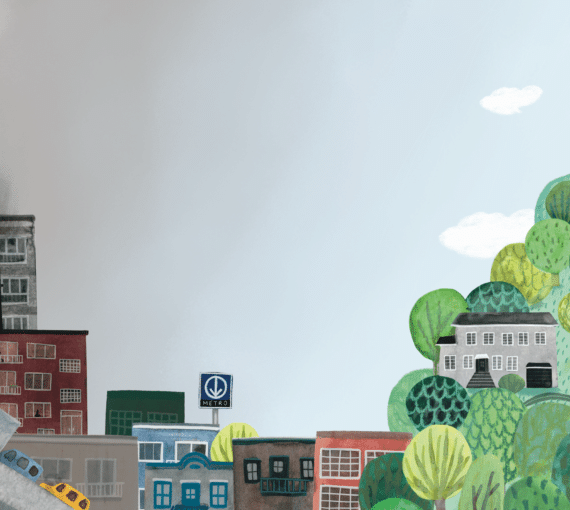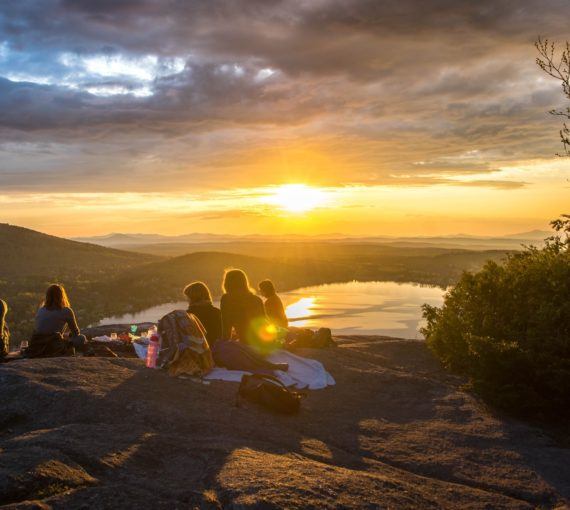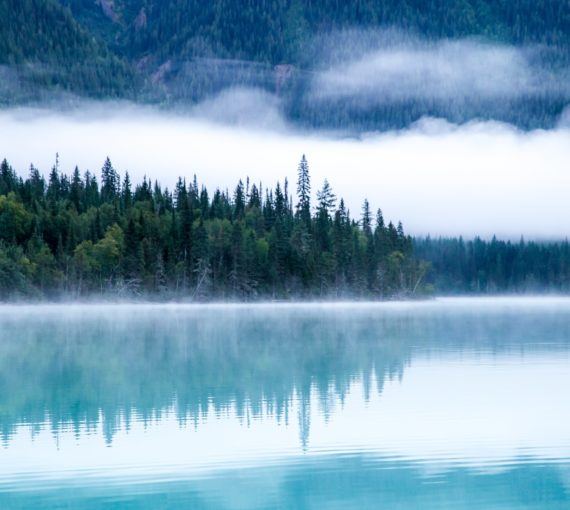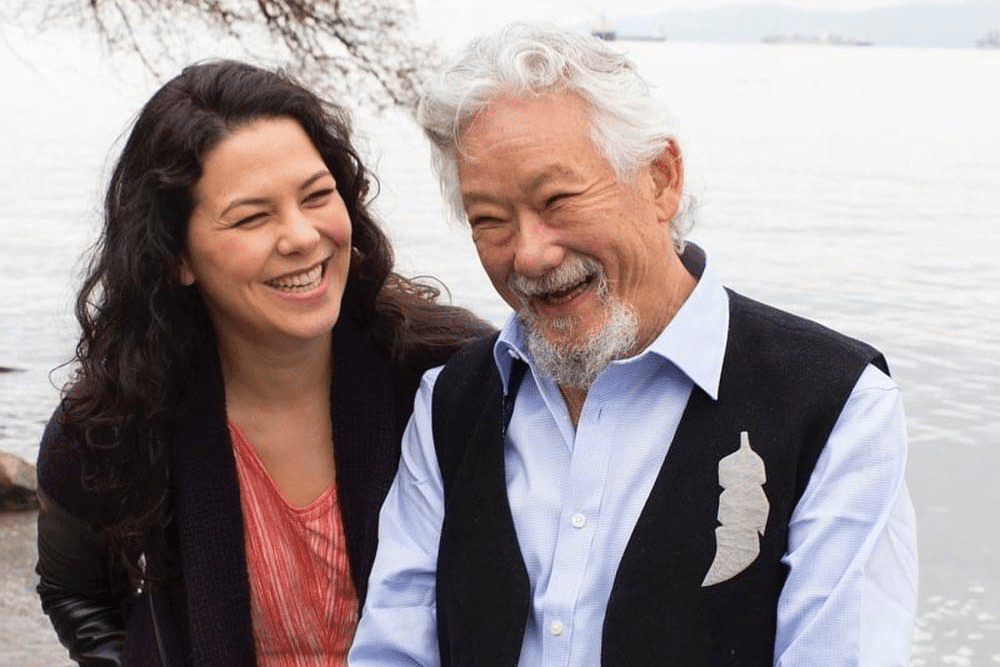
I’m proud of your work, Dad. And I’m grateful that your work — while it may never be finished — has made it more possible for those that have been othered to have a voice and taken us to the next phase of the work: creating the transformation we seek.
I’ve been asking “How can we change the world?” my whole life. I think I always will. The answers may change, but my values and reasons for asking will stay the same.
I learned to ask my parents, life-long social and environmental justice advocates.
Dad, the crusader and truth-teller. Mum, the relationship-holder and solution-finder. They raised me to believe I was a lucky kid in a beautiful world under siege, and that I could use my privileges to make a positive difference.
My whole life — for 44 years, and until last Friday night — Dad’s been hosting CBC’s The Nature of Things, Canada’s longest running television show. Almost daily, I meet people who tell me they grew up watching him. While he’s often in the headlines for his activism, they mean on “his” TV show.
TNOT has offered an encyclopedia of learning. Dad brought science and nature into our homes since before it was cool on Netflix, before Nat Geo had a channel, before we had access to BBC’s Planet Earth.
TNOT also had a huge influence on Dad. It made him famous beyond his genetics renown. And what he was learning on the show galvanized him into environmental activism. He met Indigenous people around the planet who were fighting to defend their lands and ecosystems, and he got involved in their struggles for justice. He took that education and made the relationships and knowledge the cornerstones of his activism as a Canadian environmentalist.
He took that education and made the relationships and knowledge the cornerstones of his activism as a Canadian environmentalist.
Over the years, I’ve noticed that in the mainstream, it’s been mostly ignored that he’s a person of colour. But to other people of colour, his representation in the media has mattered. I’ve heard so many stories of what he’s meant to other “hyphenated Canadians,” seeing a person of colour representing science, education, public good, and as a TV host, trustworthiness.
Lately, he hasn’t been wearing his glasses and he’s getting older — 87 last March! As he’s recognized less, he’s becoming more vulnerable to the prejudices other people here face. Recently in Montreal for COP15, an unpleasant interaction he experienced at his hotel reminds us of what always lurks for people of colour.
But today, many people are facing down their racism. More and more individuals and organizations — including the David Suzuki Foundation — are talking openly about addressing systemic bias, and how to counter our internalized white supremacy culture.
I think Dad’s time on TNOT has helped us come to this moment. Forty-four years ago, the media landscape was not diverse. For the dominant culture, having him in your living room once a week was a major inroad to normalize difference.
As Dad retires after more than four decades onscreen, I’m wondering: How has this host who is a geneticist and a survivor of a Japanese internment camp shaped us?
How has this host who is a geneticist and a survivor of a Japanese internment camp shaped us?
We’re used to hearing David’s calls for Earth. But less celebrated, understood and meaningful to dominant culture is his identity as an othered Canadian — and his life-long work to widen the tent of who is represented and trusted on the screen and on the Canadian stage. Today, the TV host landscape is much different.
As people in Canada continue to unearth children’s bones beside residential schools, finally facing the horrors of our colonial past, I believe Dad’s face, voice and relentless commitment to raising awareness about Earth and to listening to Indigenous Peoples has helped prepare us for this moment. If we take up his call, then we must bravely step up, take responsibility and address these interconnected pieces: systemic racism and our destruction of the natural world.
The David Suzuki Foundation was created in 1990 to amplify his impact in the world, and to create change. For so many decades, David was warning the world about environmental destruction, consumption and climate change. While he sometimes gets depressed that we haven’t yet seen the change we need, I think his work and the work of so many others have gotten us to a new phase. We’re no longer debating whether climate change is real. We’re in the next stage of the struggle. The alarm has sounded. We’re awake. Now we must turn this awareness into transformation.
I think his work and the work of so many others have gotten us to a new phase.
Today this is what the David Suzuki Foundation seeks to do, and it’s one of the great honours of my life to be leading as executive director. Our team is striving for change: working toward ending fossil fuel supremacy, becoming an anti-racist organization, empowering people to take action, and providing government with the research, data and recommendations to do the right thing. David remains a trusted and engaged adviser on our work.
I know that one answer to the question, “How can we change the world?” is “Together.”
Dad’s time on The Nature of Things wasn’t just a broadcasting career — it was a journey people in Canada have been on with him.
I’m proud of your work, Dad. And I’m grateful that your work — while it may never be finished — has made it more possible for those that have been othered to have a voice and taken us to the next phase of the work: creating the transformation we seek.
Related projects
Always grounded in sound evidence, the David Suzuki Foundation empowers people to take action in their communities on the environmental challenges we collectively face.
